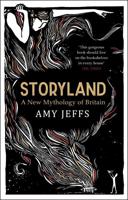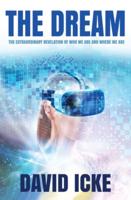Publisher's Synopsis
It's easy for the mind to accept that an intelligent device is able to link pieces of information faster and with more accuracy than herself. However, she refuses to admit that she can learn nothing about "It", which is at the same time, the origin and the substance of everything that exists. As a result of this resistance to being defeated she has generated concepts about "It", calling it God (from a religious perspective) or Universe (from a scientific perspective) with a wide range of variations in between. Due to this fundamental impotence to know something about what contains herself, sooner or later her ideas get caught in contradictions that reflect our mental limitations. This way when she wonders about the origin of God, she tells herself it's infinite, but answers nothing with this, given that she herself cannot imagine something without and end or a limit, projecting in this way her own configuration. The reader may try to imagine something endless and sooner or later will find a "wall" at the end of that image. Making an effort to represent a limitless expansion, with no beginning and no end, after the first dizziness caused by the mental effort, he will find vague limits but limits at last. The mind carries in its own structure time and space as a reflection of her own conformation. Infinity is not accessed with the mind. This is why (its inherent structure) the mirror doesn't show what is not in front of it and it is not possible to imagine light without conceiving the existence of darkness. It is possible to transcend time/space but not for the mind. How could a fish from the depths imagine the surface or something different from the ocean in which it is immersed from birth to death? In the same way, when science asks about the beginning, speaks of a moment (the big bang) in which everything starts, even time and space necessary for the universe to be. Nevertheless, the scientist cannot imagine the total nothingness that would have existed before the initial explosion. (This "nothingness" would anyway be "something", which invalidates the scientific thesis) Despite all the macrocosmic and quantum terminology that is used, it is still hard not to see a creationist formulation similar to that from genesis or from other religious writings. In one case it is said that it was only God, that only He existed and that he made the world; in the other, it is said that there was a spot of infinite density and concentration of energy that exploded producing the universe. The hypothesis is not the problem, but in the fact that it is not acknowledged that we are talking about a belief, situated in the same ontological status as any other.










